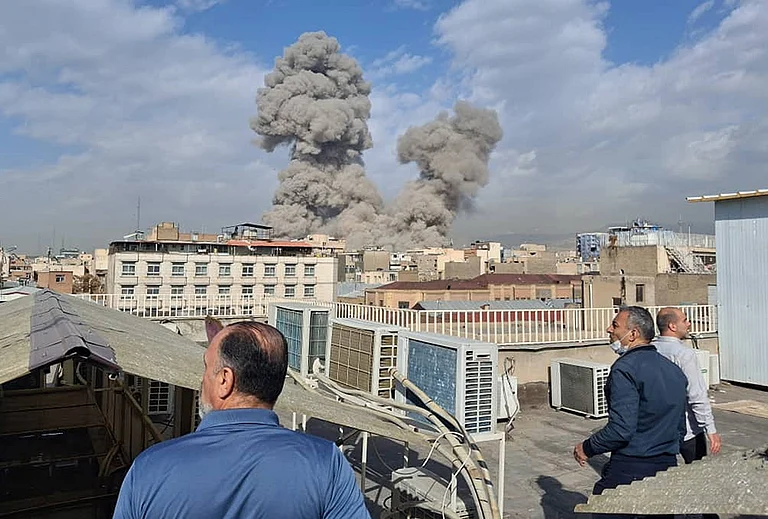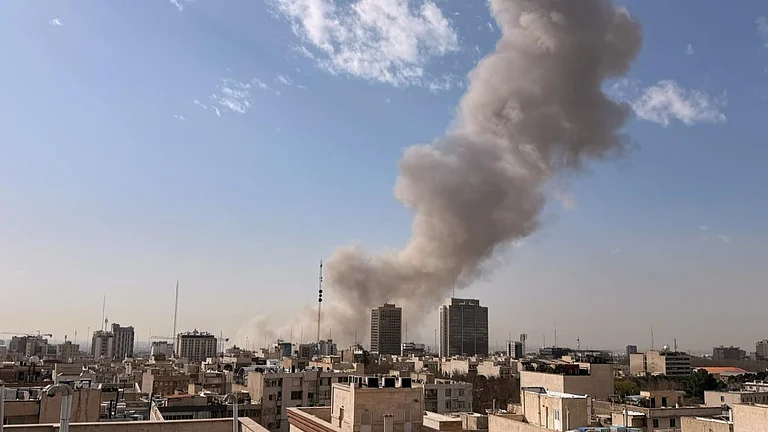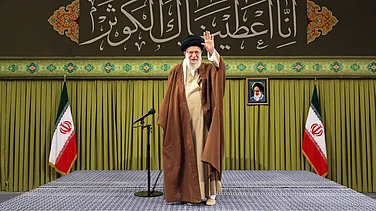Iran has urged U.S. President Donald Trump to intervene and pressure Israel into an immediate ceasefire, as the escalating aerial conflict between the two regional powers enters its fifth day with heavy casualties and mounting destruction.
Speaking on social media platform X, Iranian Foreign Minister Abbas Araqchi said a ceasefire was the only viable path forward and called on Washington to act. “If President Trump is genuine about diplomacy and interested in stopping this war, next steps are consequential,” Araqchi said. “It takes one phone call from Washington to muzzle someone like Netanyahu. That may pave the way for a return to diplomacy.”
The appeal came as Israeli Prime Minister Benjamin Netanyahu declared that Israel was “on the path to victory,” after launching a series of intensified airstrikes across Iranian territory. Addressing troops at an air base, Netanyahu reaffirmed his military objectives: “We are telling the citizens of Tehran: ‘Evacuate’ — and we are taking action.”
Iran’s missile retaliation, which marked one of the most effective direct attacks against Israeli air defenses in recent memory, has shocked both Israeli and international observers. For the first time in decades of covert warfare and proxy battles, Iran’s strikes breached Israeli defenses in significant numbers, reportedly killing civilians in residential areas.
Sources familiar with the situation told Reuters that Iran has reached out to Qatar, Saudi Arabia, and Oman, asking them to urge Trump to intervene. In exchange for a ceasefire, Tehran signaled willingness to show flexibility in stalled nuclear negotiations, according to two Iranian and three regional officials.
Meanwhile, Iranian officials report over 224 fatalities — the majority of them civilians — following a devastating Israeli air campaign that began Friday with a surprise strike. That opening salvo killed several of Iran’s top military commanders and leading nuclear scientists.
Iranian state media broadcast scenes of devastation in cities across the country, including footage of burned-out vehicles, shattered government buildings, and hospitals overwhelmed with casualties. In Tehran, the atmosphere has grown increasingly desperate as civilians line up at gas stations and ATM machines, many of which have run out of fuel or cash.
“I am desperate,” said Gholamreza Mohammadi, a 48-year-old civil servant in Tehran, speaking by phone. “My two children are scared and cannot sleep at night because of the sound of air defence and attacks. But we have nowhere to go. We hid under our dining table.”
As both sides dig in, the risk of further escalation grows — along with pressure on the United States to play a decisive role in ending one of the most dangerous confrontations the region has seen in years.






















